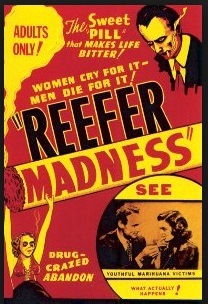 Due to vacation, I did not discuss June’s release of the Consumer Price Index for May, in which medical care prices were very moderate. This continued that which was observed in May (for the April CPI).
Due to vacation, I did not discuss June’s release of the Consumer Price Index for May, in which medical care prices were very moderate. This continued that which was observed in May (for the April CPI).
Unfortunately, prices for medical care resumed their upward march in the June CPI, released today. At 0.4 percent, prices for medical care increased twice as fast as the CPI for all items. Price changes for medical care contributed 16 percent of the price change for all items. Prescription drug prices, especially, resumed their increase. Prices for medical care services, on the other hand, were in line with the CPI for all items.
Over the last twelve months, prices for medical care have increased over four times faster than prices for all items other than medical care. Medical care price increases have contributed almost one third (29 percent) to the price increase of one percent for all items. Claims that consumers have experienced relief from medical prices are simply not grounded in data.
(See Table I below the fold.)
Read More » »







